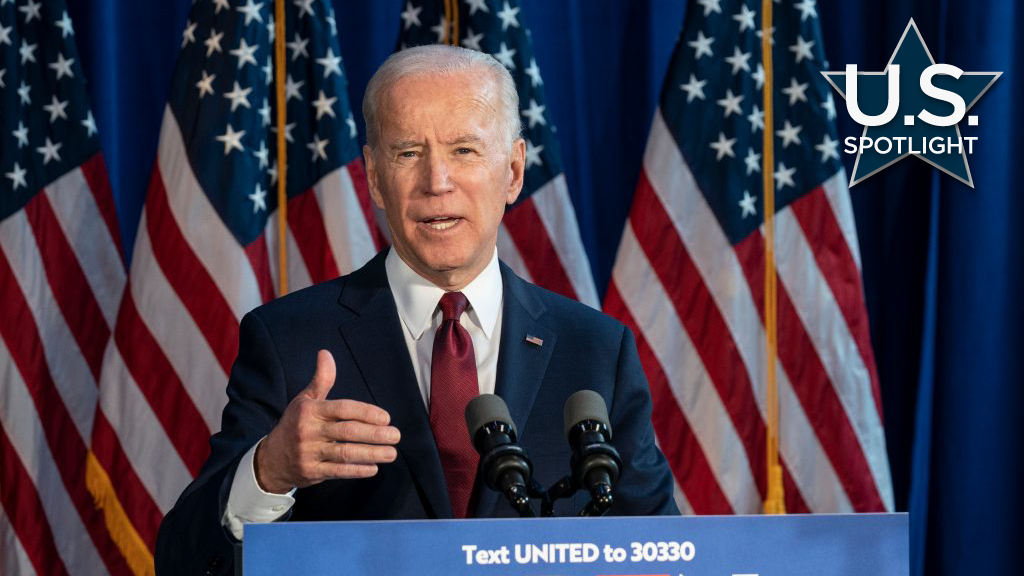Canada’s construction sector has been in the spotlight following the recent announcement of cuts to the Temporary Foreign Worker Program (TFWP) low-wage stream by the federal Liberal government. While the construction sector, along with health care and food production, were exempted from these reductions, industry stakeholders are expressing concerns about potential future changes and are calling for broader reforms to the program.
According to Sean Strickland, executive director of Canada’s Building Trades Unions (CBTU), the TFWP has evolved into a program that allows employers to import foreign labor at cheaper wages, ultimately suppressing wages in the construction sector. Strickland emphasized the need for real reform to restore balance to the program and ensure fair wages for Canadian trades workers.
Rodrigue Gilbert, president of the Canadian Construction Association (CCA), highlighted the importance of a better immigration system to address construction workforce shortages. While the TFWP low-wage stream applies to jobs with hourly wages below the provincial median, the construction industry typically offers well-paying jobs above the median wages. The CCA continues to advocate for modernizing the immigration system to ensure the industry can access the workers needed to thrive.
In response to the recent changes to the TFWP, which include limiting the number of workers that can be hired through the low-wage stream and reducing the maximum duration of employment, industry organizations are closely monitoring the situation. It is essential to ensure that the program aligns with the needs of the construction sector and supports fair labor practices.
The Labourers’ International Union of North America (LIUNA) believes that TFWs should be phased out in favor of skilled trades workers admitted under the main economic stream, with full rights, access to union representation, and pathways to citizenship. Victoria Mancinelli, director of communications at LIUNA, emphasized the importance of safeguarding workers from exploitation and unsafe working conditions.
The CBTU is advocating for measures to end wage suppression in the construction sector, including tying prevailing wages to union wages and reviewing the International Mobility Program to prevent foreign workers from displacing Canadian workers. By taking steps to prioritize the rights and fair treatment of workers in the construction industry, stakeholders can work towards a more equitable and sustainable labor market.
Overall, the conversation surrounding the TFWP highlights the need for ongoing dialogue and collaboration between industry stakeholders, government officials, and labor organizations to ensure that policies and programs support the well-being of Canadian workers and the growth of the construction sector.
Source link


